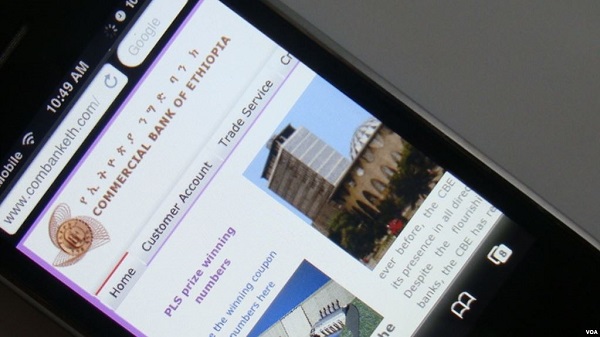
Ethiopia challenges many of our assumptions as it creates its own digital finance ecosystem, say Microfinance Gateway contributors
By Shelley Spencer, Mandana Nakhai & Faith Bartz Tarr (Microfinance Gateway)
Ethiopia’s National Financial Inclusion Strategy, released by the National Bank of Ethiopia (NBE) in 2017, sets a broad government vision and aggressive targets for increasing financial inclusion. Achieving these goals will require continued growth of diverse financial services powered by mobile technology.
Without visiting Ethiopia, it’s hard to gauge the country’s movement towards a digital economy. But our in-country assessment and conversations with industry stakeholders revealed that Ethiopia is racing to become a leader in digitally-enabled financial inclusion.
Ethiopia challenges many assumptions of how to create a functioning Digital Financial Services (DFS) ecosystem. Our initial assessment uncovered three positive findings:
- Despite having just one telco, network coverage and planned offerings are fairly comprehensive.
- The banking sector is championing agent banking with digital technology.
- Rural areas, as opposed to urban, are seen as a real market opportunity.
One telco, one delivery channel
The single, state-owned telecommunications company is protected from competition, at least for the time being, yet has aggressive targets to move from 60 to 100 million subscribers in coming years. Government mandates for network expansion and vendor financing just might provide the ingredients for continued network improvements.
Mobile phone ownership rates are rising and handset prices are falling. Expecting to hear issues of inadequate network coverage as a hurdle for DFS, we instead found 80-87 percent network coverage and a lack of concern about the absence of competitive offerings. The government is moving to digitize both government-to-person (G2P) and person-to-government (P2G) payment streams, services dependent on adequate network coverage. Of course, there are risks involved in dependence on a single telecommunications provider in a market – but it looks like this is something that could begin to change for Ethiopia in the years to come.
Banking sector with no foreign investment yet innovating on digital
The banking sector, while closed to foreign ownership, is championing agent banking with mobile technology. Banks and microfinance institutions (MFIs) are contracting agents authorized to open accounts and conduct Know Your Customer (KYC) procedures electronically. Agent banking products, offered by multiple financial institutions but under common brands such as HelloCash and M-BIRR provide user interfaces in multiple languages, offline capabilities, and multilingual customer service centers.
ALSO READ: Financial inclusion in Ethiopia: 10 takeaways from the latest Findex
The largest state-owned bank, the Commercial Bank of Ethiopia (CBE), launched its mobile offering (CBE Birr) in December 2017 with no-fee transactions and short codes to enable merchant payments, all while compensating its agents to incentivize recruitment and performance. Kifiya, a locally-owned technology company, acquired an MFI to offer integrated digital services, including G2P/P2G payments and data-driven agricultural index insurance. A start-up led by local entrepreneurs, YenePay, has enabled e-commerce transactions through integration with CBE and other platforms.
Read the complete story at Microfinance Gateway
